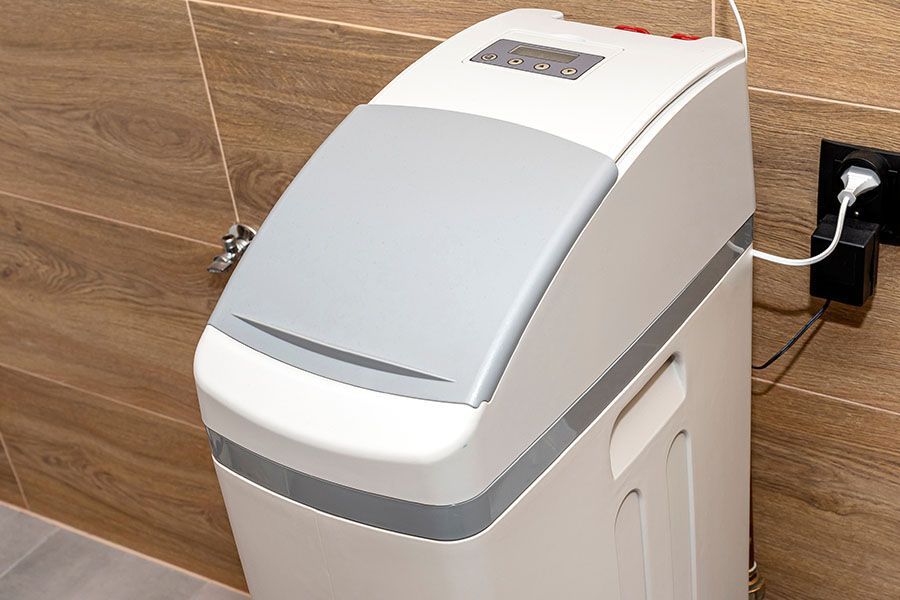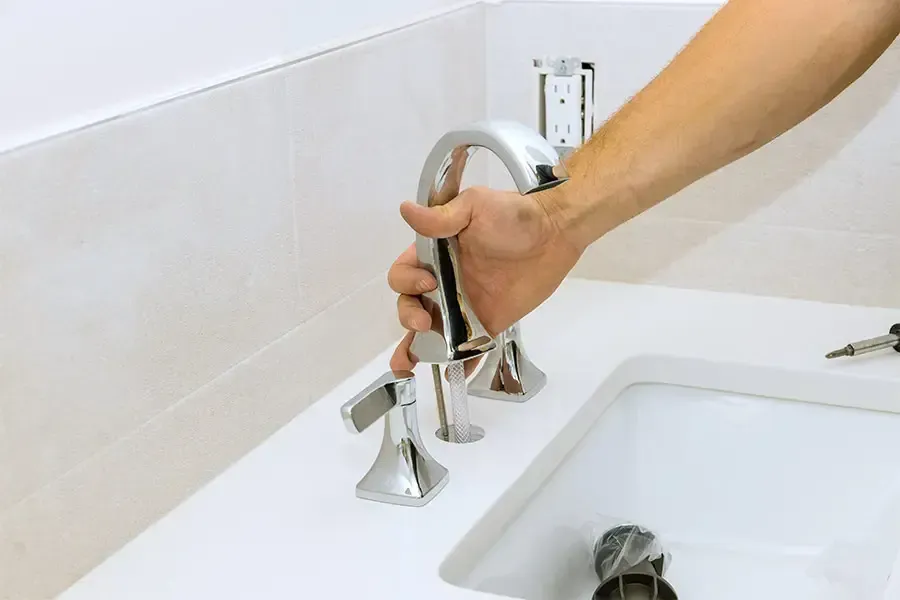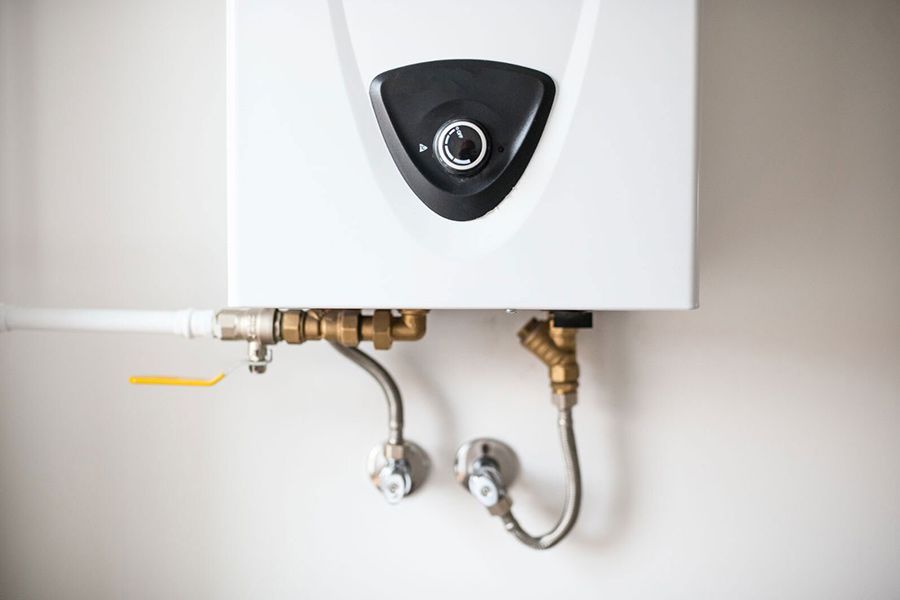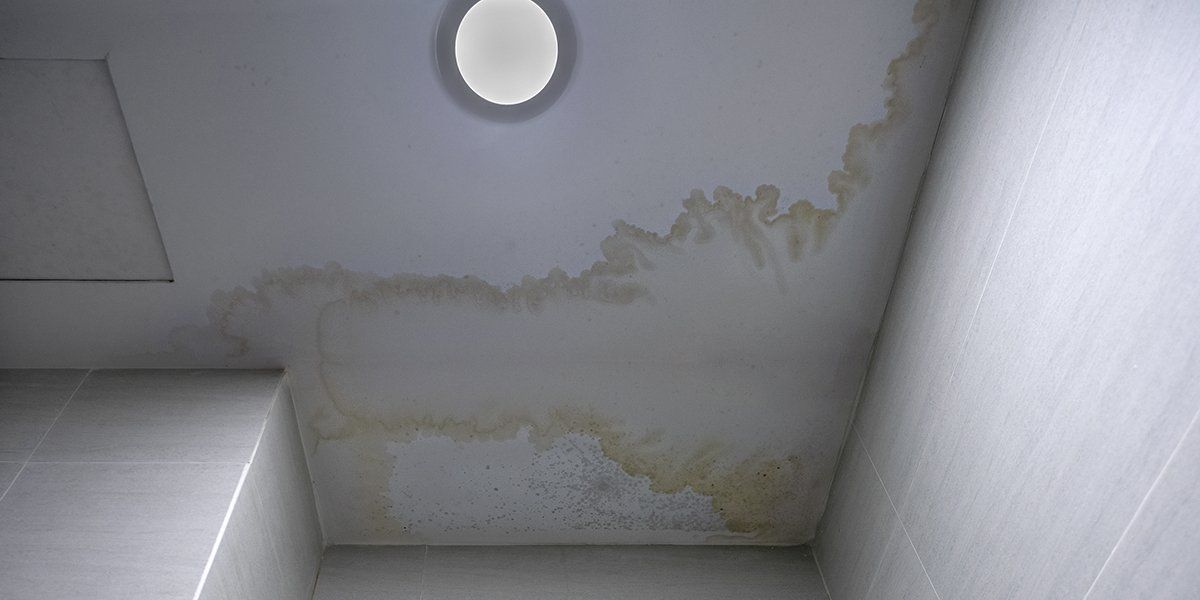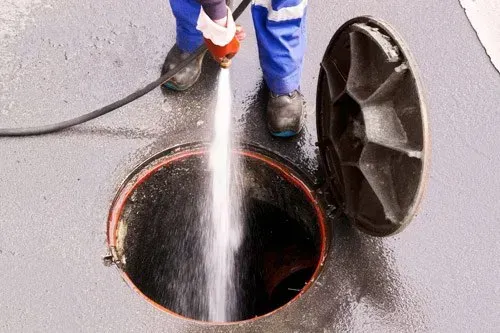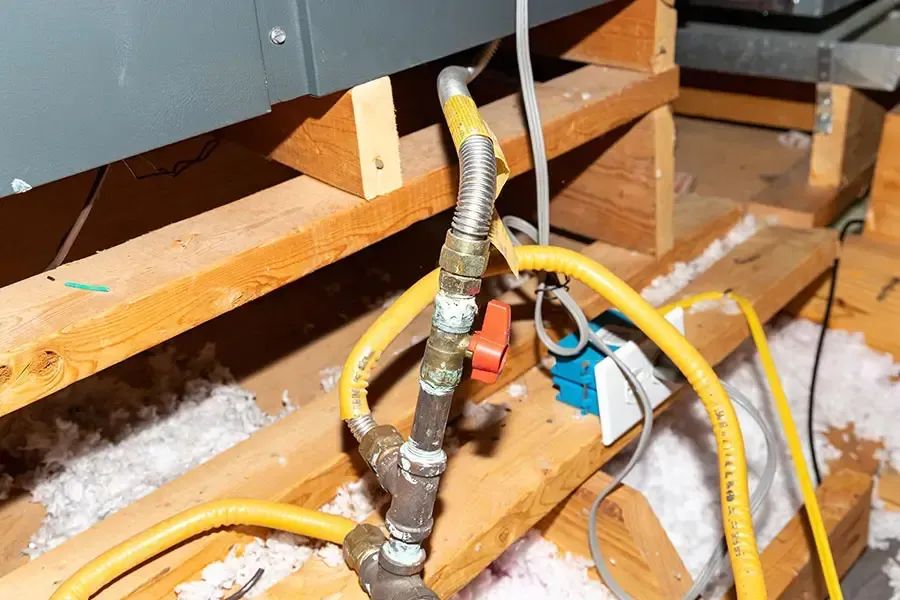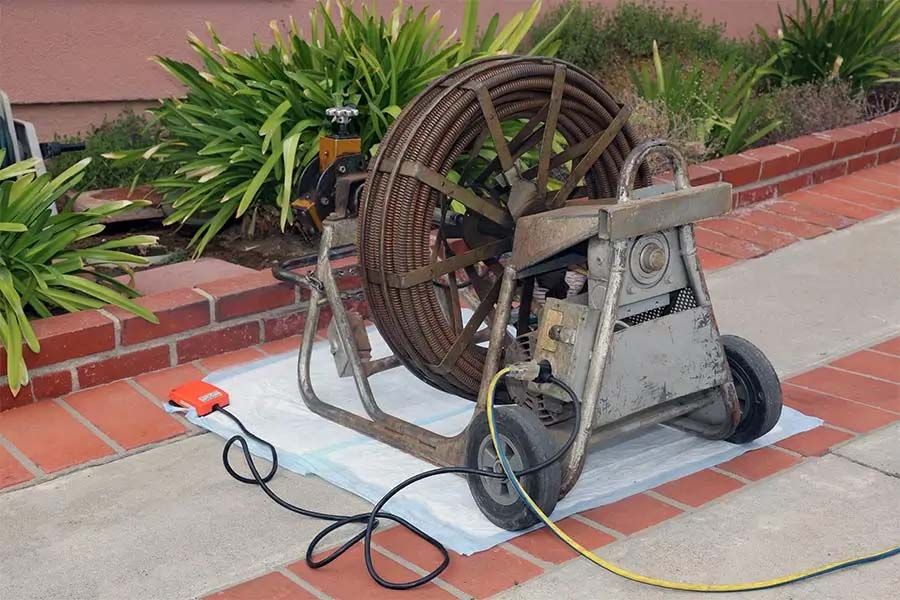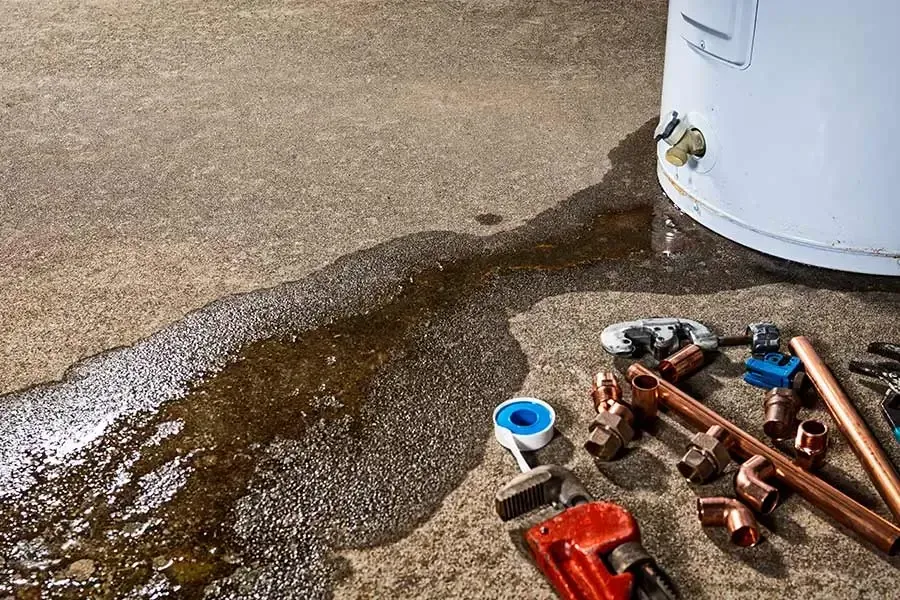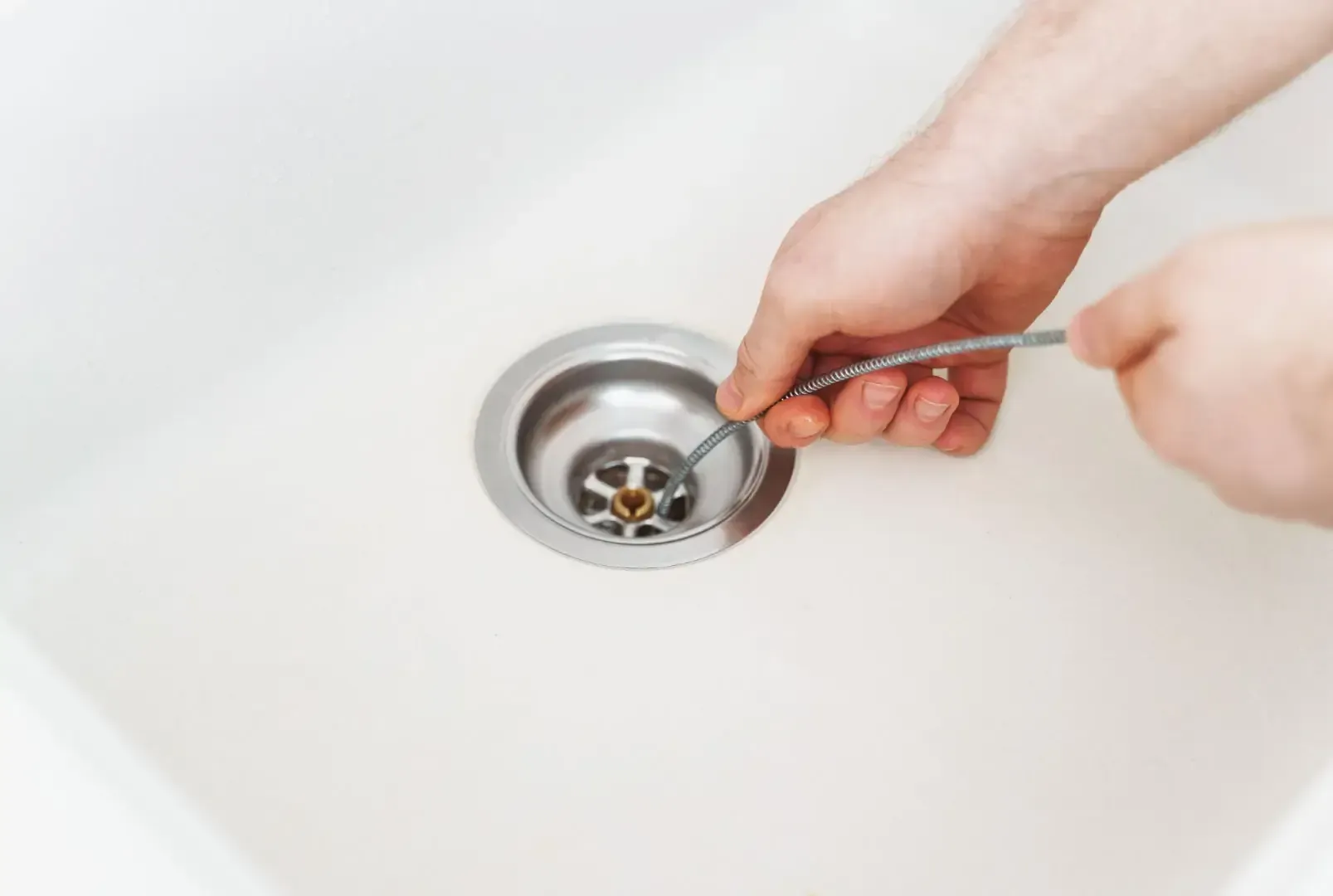Is Soft Water Better for Your Skin?
If you have concerns about the mineral content of your home’s water supply, call Formica Plumbing and Sewer Co. to learn more about diagnosing water hardness problems and installing a water softener.
Skin is your body’s largest organ, and almost everything in your environment can affect it, including the water you bathe in. Your skin can suffer when the water is hard, meaning it contains excessive amounts of dissolved minerals.
Many customers ask Lyndhurst’s plumbing experts at Formica Plumbing & Sewer Co., “Is soft water better for your skin?” The answer is a resounding yes. Keep reading to learn more about hard water effects on your skin and how to tell if your home needs a water softener.
What Is Hard Water?
According to the U.S. Geological Survey, hard water contains a higher concentration of dissolved calcium and magnesium than it should. Although these minerals are an important part of your diet, they can harm your skin because they leave a skin-drying film behind after you shower. Soft water, on the other hand, doesn’t contain these moisture-robbing minerals, making it better for your skin.
The Various Hard Water Effects on Skin
As mentioned, higher mineral content in hard water means it can leave residue behind after it dries on your skin. These minerals strip the natural oils and moisture from the skin, causing it to feel dry and itchy.
Irritation is just one problem hard water can cause for your skin. Other problems include:
- Premature skin aging
- Dull and dry hair
- Dry scalp or dandruff
- Acne flare-ups
- Worsening eczema or psoriasis
- Razor burn
Many common skin issues result from hard water, and investing in a water softener to remove the extra minerals can make a big difference. In some cases, it’s not just the water that causes problems but the soap scum it leaves behind. The contaminants prevent the water from creating a cleansing solution with soap and instead cause it to form a residue that can block pores and trap oil, resulting in acne.
Dermatologists also note that the impurities in the water can also create skin-damaging free radicals. Free radicals cause collagen breakdown and contribute to fine lines and wrinkles, making you look older and affecting your skin’s texture and firmness. In short, if you were to ask your skin doctor, “Is soft water better for your skin?” they would undoubtedly say yes.
Other Effects of Hard Water
Your skin isn’t the only thing that hard water wreaks havoc on. Mineral buildup can cause major issues with plumbing, appliances, and more, including:
- A scaly white film on the dishes, as well as faucets and shower heads
- Scratchy laundry
- Clothing fades faster when washed, and whites develop a grayish tint
- Soap scum buildup on the rub or shower
- Changes to the smell or taste of water
- Weak water pressure
- Appliance malfunctions
- Clogs and plumbing damage due to mineral accumulation in the pipes
If you notice signs of hard water in your home, you need to act to protect your family’s well-being and avoid inconvenient problems and expensive repairs.
Protect Your Skin With a Water Softener
If you still find yourself asking, “Is soft water better for your skin?” consider your normal shower routine.
When you grab the soap, does it turn into a thick lather easily? Or do you find yourself adding more soap, trying to create the suds that get you clean? If it’s the latter, you’re dealing with hard water, and all that extra soap will leave your skin covered in residue.
Not only does using more soap increase the risk of blocked pores and irritation, but it’s probably causing you to use more lotions and creams to deal with dry and itchy skin. Ultimately, these habits just exacerbate the problem and leave you feeling even more uncomfortable. In fact, many people find that bathing in soft water reduces the number of skin care products they use.
This is because it’s common for people who are used to showering in hard water to wonder if they’re actually getting clean when they switch to soft water. Soft water leaves your skin feeling silky, smooth, and supple with a subtle sheen. Soft water fully rinses soap away and leaves your skin clean and naturally lubricated, not dull, and coated with mineral film and soap scum.
How To Deal With Hard Water
If you suspect you have hard water, a professional water test can measure mineral levels and confirm your suspicions. If the levels are higher than they should be, a plumber can help you with solutions that reduce skin irritation and protect your plumbing and appliances.
Whole-House Water Softeners
A whole-house water softener removes minerals from the water supply, ensuring soft water flows from every tap. Most use a salt solution to remove the extra calcium and magnesium. Some also include a water filter to clean out other contaminants so you enjoy the cleanest and healthiest drinking water possible.
Fixture Filters
While a whole-house filter is the best way to protect all the plumbing and appliances, you can make the water you bathe in better for your skin with a showerhead or faucet water softener. These devices only treat the water coming from that specific fixture, so you may have problems elsewhere but won’t need to deal with skin irritation or dry hair.
Contact Formica Plumbing & Sewer Co. for Help With Hard Water
If you’re dealing with hard water, let our licensed and insured plumbers of Formica Plumbing & Sewer Co. solve the problem. Over time, extra calcium and magnesium can cause widespread damage that requires replacing water pipes and appliances, not to mention the skin issues that can arise from poor water quality. Investing in treatment equipment protects your family’s health and your wallet.
Talk to your doctor or dermatologist for answers to your questions like “Is soft water better for your skin?” and then take action by calling our local, family-owned company.
Call Formica Plumbing & Sewer Co. at
(440) 485-3850 to make an appointment to have us inspect your Lyndhurst, Ohio, home and recommend effective solutions.
